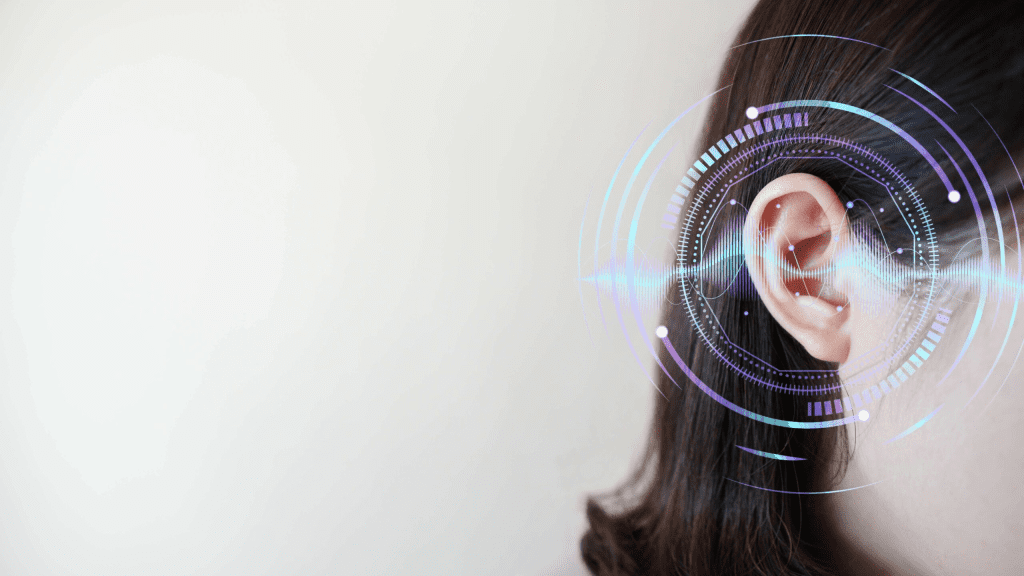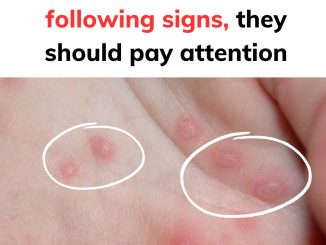Ever heard a faint ringing, buzzing, or humming in your ear when the room was completely silent? If so, you’re not alone. Millions of people worldwide experience this strange phenomenon, medically known as tinnitus. While it might seem harmless at first, that constant background noise could be your body’s way of waving a red flag.
Let’s break down what tinnitus really means, what could be causing it, and most importantly—what you can do to manage or reduce its impact on your life.
What Is Tinnitus and Why Does It Happen?

Tinnitus isn’t a disease in itself—it’s a symptom. It usually signals an underlying issue in the auditory system, like damage to the ear, nerve issues, or even circulatory system disorders. Some describe it as ringing, while others report buzzing, hissing, or even clicking sounds. And no, it’s not “just in your head.” It’s a very real and often disruptive condition.
The most common culprit? Hearing loss—especially caused by prolonged exposure to loud sounds. But it can also stem from something as simple as too much earwax or as complex as chronic medical conditions.
Protect Your Hearing: Prevention Starts Here
Let’s face it—most of us don’t think twice before cranking up the volume. But your ears aren’t invincible.
Here’s how to protect them:
- Turn down the volume on your phone, headphones, and TV.
- Use earplugs or noise-canceling headphones in noisy environments—concerts, construction zones, sporting events.
- Step away from the sound—literally. Distance makes a difference when it comes to volume impact.
Prevention is your first and most powerful line of defense. Once your hearing is damaged, it’s tough—if not impossible—to fully restore.
Keep Your Ears Clean—But Gently
Believe it or not, earwax isn’t the enemy. It actually protects your ear canal. But too much of it can block sound and even trigger tinnitus.
Video : WHAT RINGING IN YOUR EARS ACTUALLY MEANS!
What should you do?
- Use warm water or gentle drops from a pharmacy to soften wax buildup.
- Avoid cotton swabs—they tend to push wax deeper into your ear.
- Visit a healthcare provider if you suspect a blockage or can’t hear clearly.
Over-cleaning can be just as harmful as not cleaning at all. Keep it balanced.
Lower Stress to Lower the Ringing
Your mind and your ears are more connected than you think. Stress and anxiety can crank up tinnitus, making it feel louder and more intrusive.
What helps?
- Breathing exercises—even five minutes a day can calm your nervous system.
- Meditation or mindfulness—helps shift focus away from the noise.
- Yoga or light stretching—eases tension in your neck and shoulders, which can reduce ear pressure.
- Nature sounds or calming music—can mask the ringing and reset your mood.
Tinnitus often gets louder when the world gets quieter—so stress reduction matters more than you think.
Try Sound Therapy to Mask the Ringing
Silence can amplify tinnitus, making it unbearable at night or in quiet rooms. Sound therapy offers relief by covering or distracting from the ringing.

Here are some easy tools:
- White noise machines or apps with ocean waves, rain, or gentle hums
- Soft instrumental music—piano, classical, or ambient playlists
- Fans or air purifiers—a subtle background sound that helps fade out the buzz
It’s all about giving your brain something else to listen to. And for many, that’s enough to dial down the discomfort.
Hearing Aids: An Unexpected Ally
Many people with tinnitus also struggle with hearing loss. The result? The brain overcompensates by “creating” sound—aka, ringing.
Here’s how hearing aids can help:
- Amplify real sounds, making the tinnitus less noticeable
- Improve overall hearing clarity, reducing strain
- Support mental focus by giving your ears actual input to work with
If you’ve been avoiding hearing aids, this might be the nudge you need. They’ve come a long way in both design and function.
Adjust Your Diet and Daily Habits
What you consume affects more than your waistline—it impacts your ears, too.
Try this:
- Cut back on caffeine and alcohol, which overstimulate the nervous system
- Limit salt, which can affect fluid retention and blood flow in the ears
- Quit smoking—nicotine constricts blood vessels and worsens ear symptoms
- Stay hydrated and eat antioxidant-rich foods, like leafy greens, berries, and nuts
Your ears rely on good circulation and balanced body chemistry. Feed them well.
When to See a Doctor
Tinnitus that lingers or gets worse over time could signal something more serious. It’s not always “just a nuisance.”
Video : What’s that ringing in your ears?
See a healthcare professional if:
- It lasts longer than a week without improvement
- It interferes with your sleep, focus, or daily routine
- You notice additional symptoms like dizziness, hearing loss, or ear pain
You may be referred to an audiologist, ENT (ear, nose, and throat specialist), or even a neurologist depending on your symptoms.
Treatment Options to Discuss with a Professional
- Cognitive Behavioral Therapy (CBT)—reframes your emotional response to tinnitus
- Medications—in some cases, antidepressants or anti-anxiety meds may help
- Supplements like zinc or magnesium—only under medical guidance
There’s no one-size-fits-all solution, but the right plan can dramatically reduce how much tinnitus affects your life.
Conclusion: Your Ears Are Talking—Are You Listening?
That ringing in your ear isn’t just an annoyance—it’s a message. Whether it’s a sign of hearing damage, stress, or another underlying issue, your body is trying to tell you something.
Instead of ignoring it or learning to “just live with it,” take action. Protect your hearing, reduce stress, explore therapy, and don’t hesitate to get professional help.
You don’t have to suffer in silence—even if the sound is only in your head. With the right approach, you can quiet the ringing and regain control of your peace of mind.


